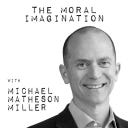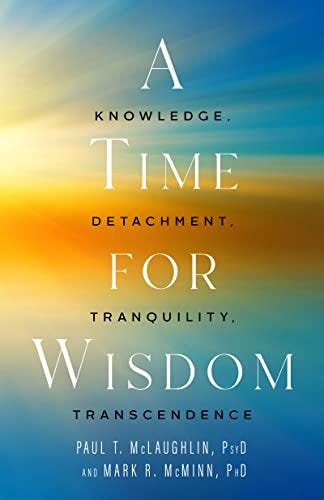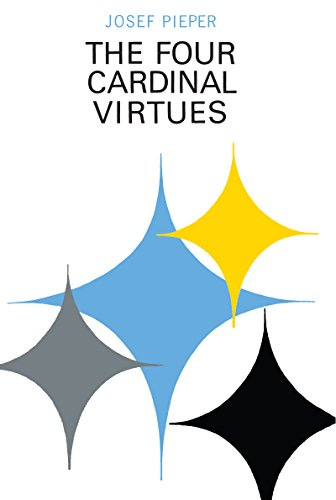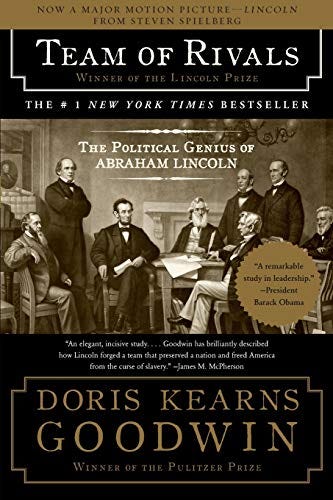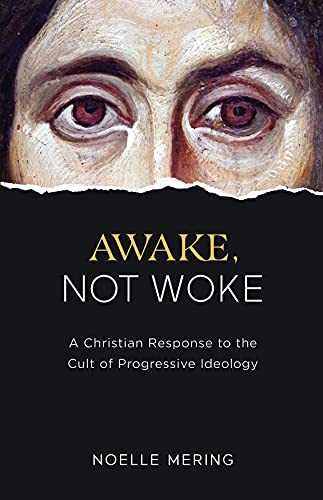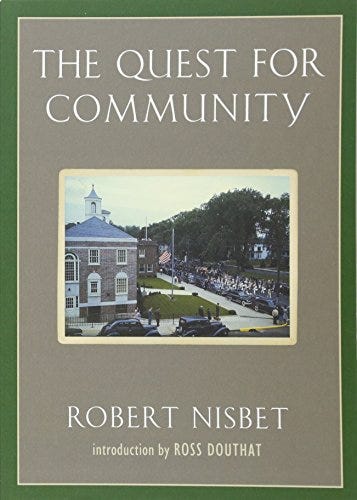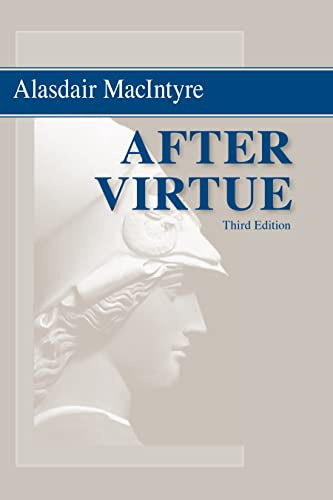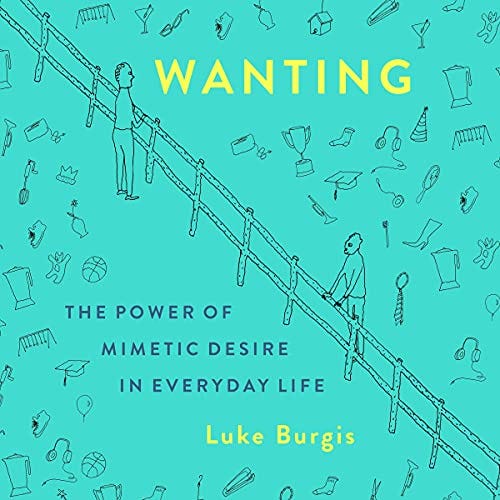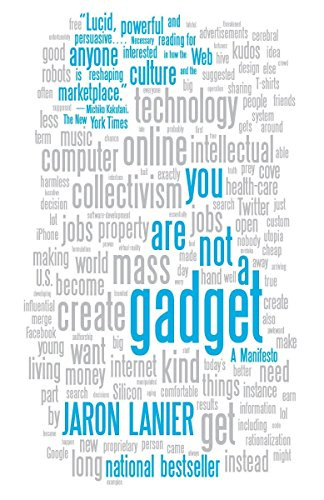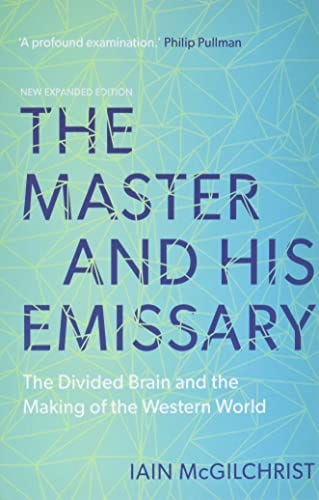Source: Wikimedia Commons
In this episode I speak with two psychologists, Paul McLaughlin PsyD and Mark R. McMinn PhD, about their book A Time for Wisdom. The provide a unique perspective by examining wisdom from a psychological viewpoint.
They divide it into 4 categories, both to explain and provide a guide to develop wisdom in our lives.
Knowledge
Factual Knowledge,Know-How, self-knowledge and what they call “Enriched Knowledge,” the core of wisdom.
Detachment
Not only from material things, but from ideas and ideology. Detachment enables mental freedom, strengthens our capacity grieve, and is the bridge between knowledge and tranquility
Tranquility
Not apathy, but shifting our inner equilibrium, and helps us regulate our emotions
Tranquility helps us to cultivate awe, gratitude, peace, and what C.S. Lewis calls “reasonable emotions.”
Transcendence
Ability to go beyond ourselves and avoid the temptation to individualism
We discuss a number of themes including:
Is wisdom a state or a trait? Can it be developed? Is it domain dependent?
The tension between solidity and fluidity, between rigid thinking and relativism. How do we keep our minds open and not fall into what Benedict XVI has called the “dictatorship of relativism.”
The positive and negative parts of Jordan Peterson’s idea about exploring our dark side compared to mystical Catholic writers
Psychedelics as ersatz religion
You are not every thought you have
Anxiety
Obsessive Compulsive thoughts
Forgiveness and the goodness of being
Positive psychology
Narcisism
Mike Tyson’s theory that “everyone has a plan until they get punched in the face.”
How to think about increases anxiety and depression
My critique of the Individualism / Collectivism dichotomy
Tocqueville’s analysis of individualism and centralization
Can you measure wisdom?
Does wisdom increase over time?
Aristotle’s concept of phronesis
Gnosticism and Materialism as an obstacles to wisdom
Teleology — ends and purposes. Aristotle — the human person has an end and purpose to give you self direction
Transcendentals — goodness, truth, beauty
How suffering and sitting with people who suffer helps us grow in wisdom
The tension between holding onto your deeply held beliefs and yet remaining open to new ideas
Confirmation Bias vs. Epistemic Humility
Related Podcasts
James Madden Podcast, Embodied and Embedded Persons
James Poulos: Digital Politics and Spiritual War
Carlo Lancellotti: Augusto Del Noce and the shift to pure bourgeois
Jaron Lanier on Technology and Behavior Modification
Luke Burgis on Mimetic Desire, Rene Girard, and commercial society
A Time for Wisdom: Knowledge, Detachment, Tranquility, Transcendence
By McLaughlin, Paul T., McMinn, Mark R.
Four Cardinal Virtues, The: Human Agency, Intellectual Traditions, and Responsible Knowledge
By Pieper, Josef
Team of Rivals: The Political Genius of Abraham Lincoln
By Goodwin, Doris Kearns
Awake, Not Woke: A Christian Response to the Cult of Progressive Ideology
By Mering, Noelle
The Quest for Community: A Study in the Ethics of Order and Freedom
By Nisbet, Robert
After Virtue: A Study in Moral Theory, Third Edition
By MacIntyre, Alasdair
Wanting: The Power of Mimetic Desire in Everyday Life
By Luke Burgis
You Are Not a Gadget: A Manifesto
By Lanier, Jaron
The Master and His Emissary: The Divided Brain and the Making of the Western World
By McGilchrist, Iain

